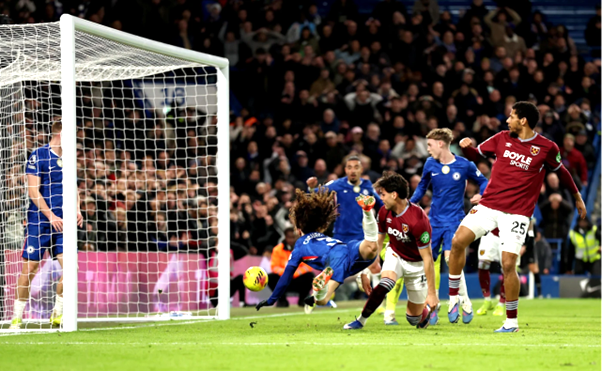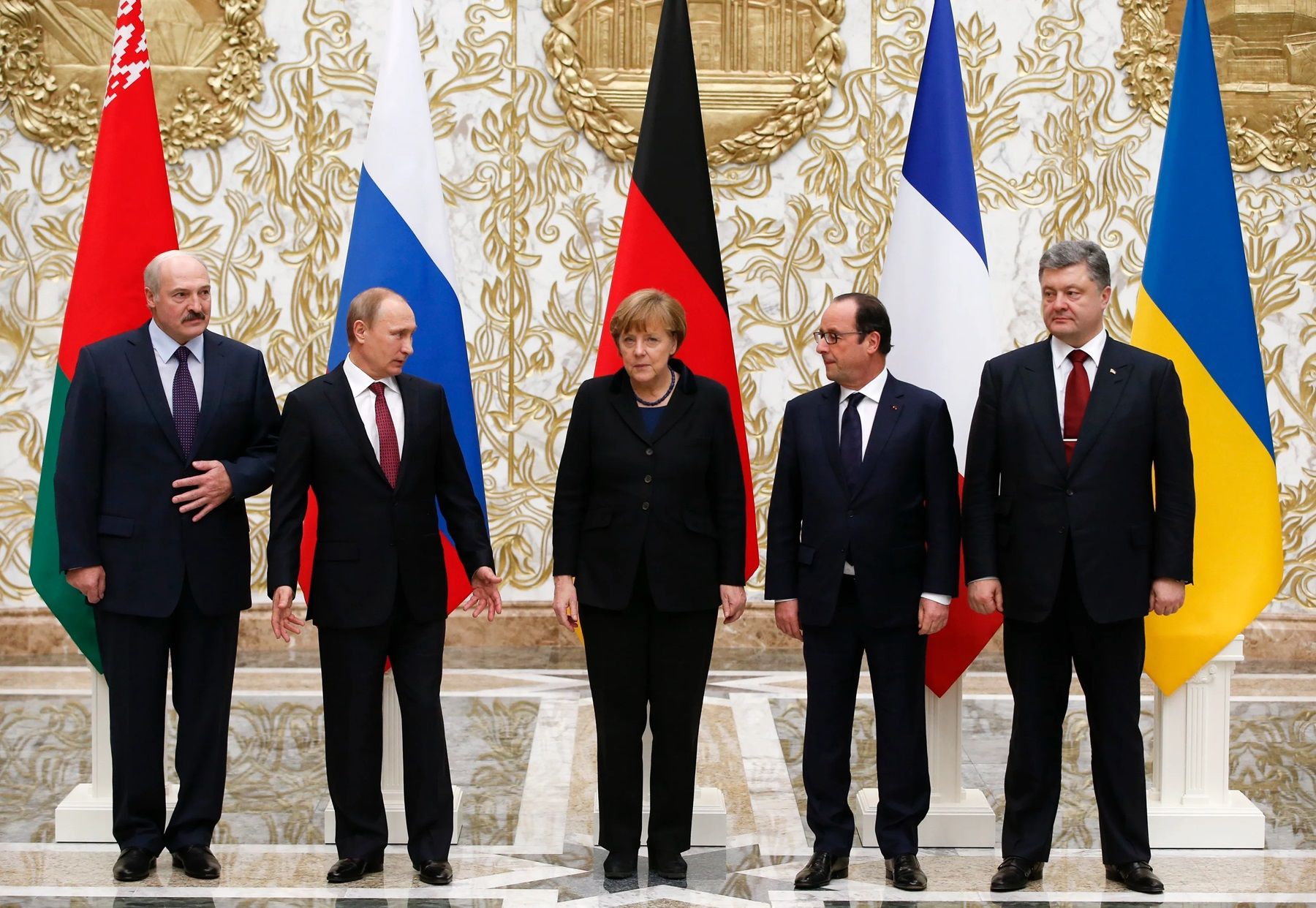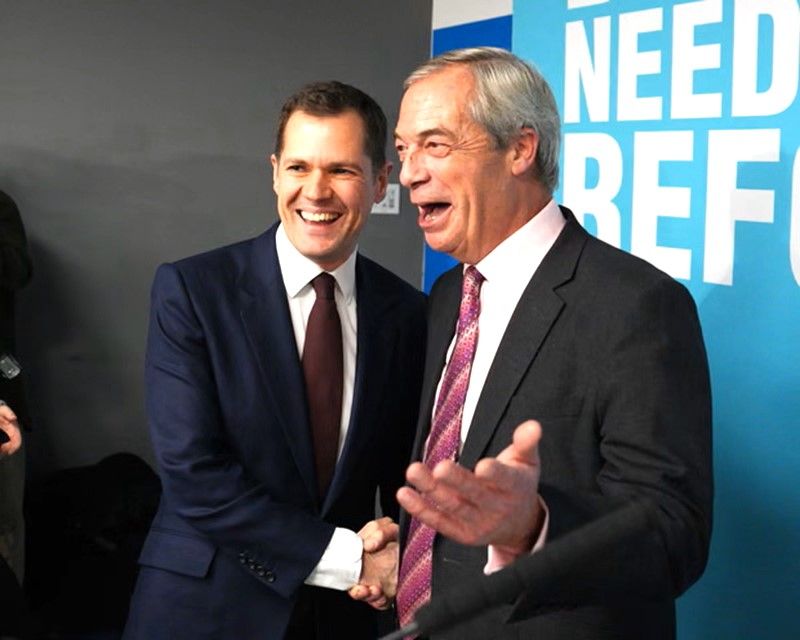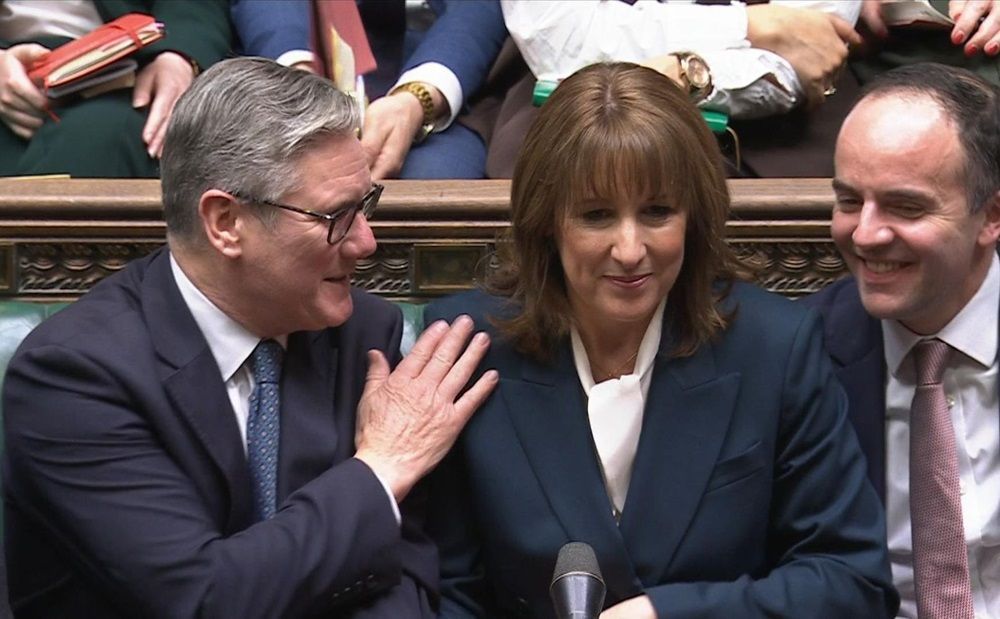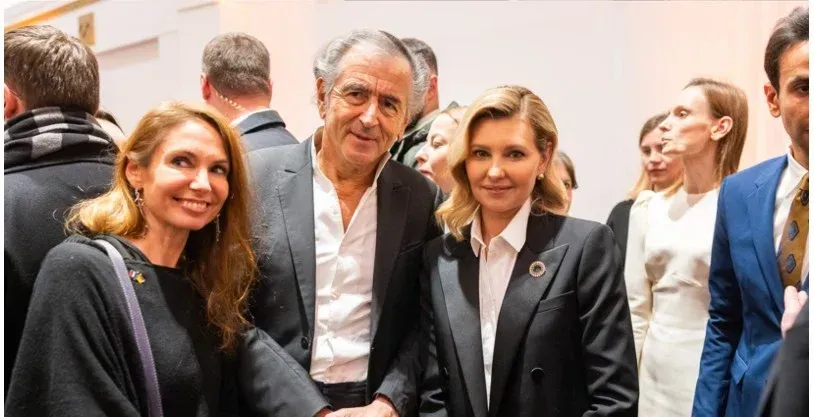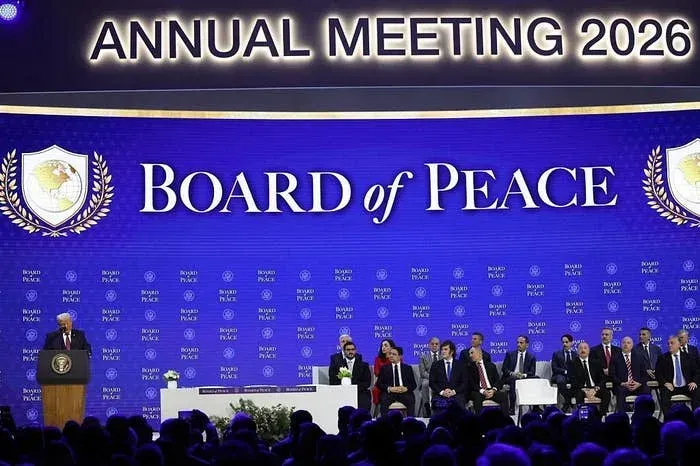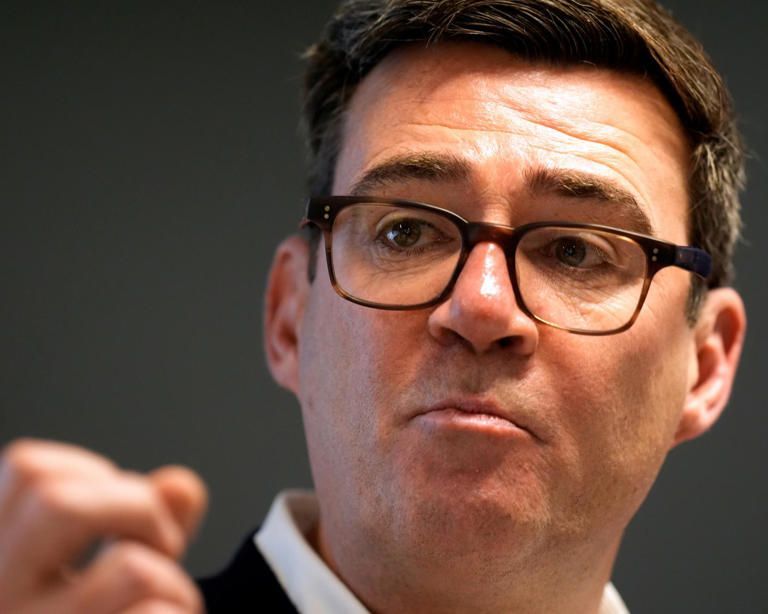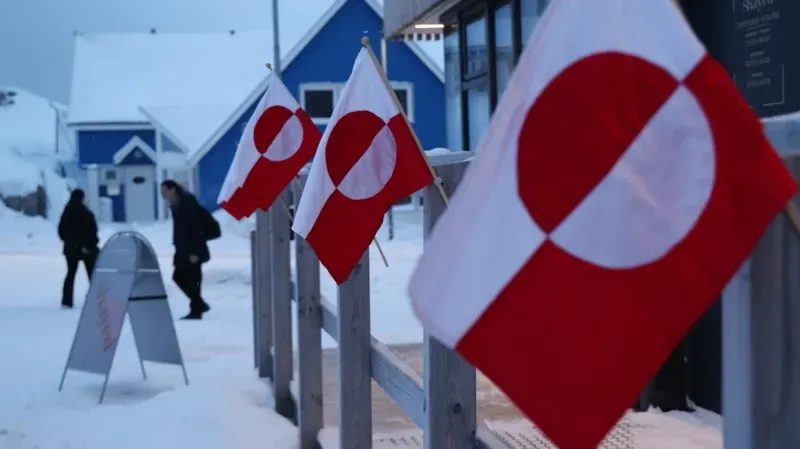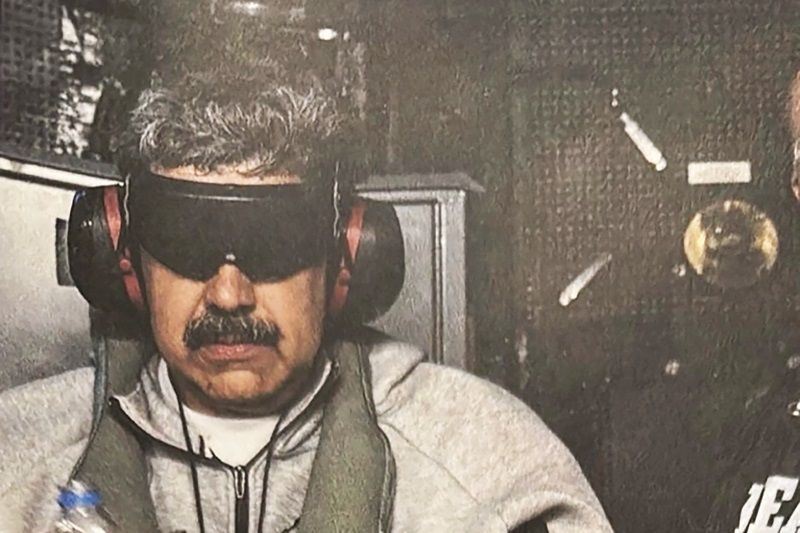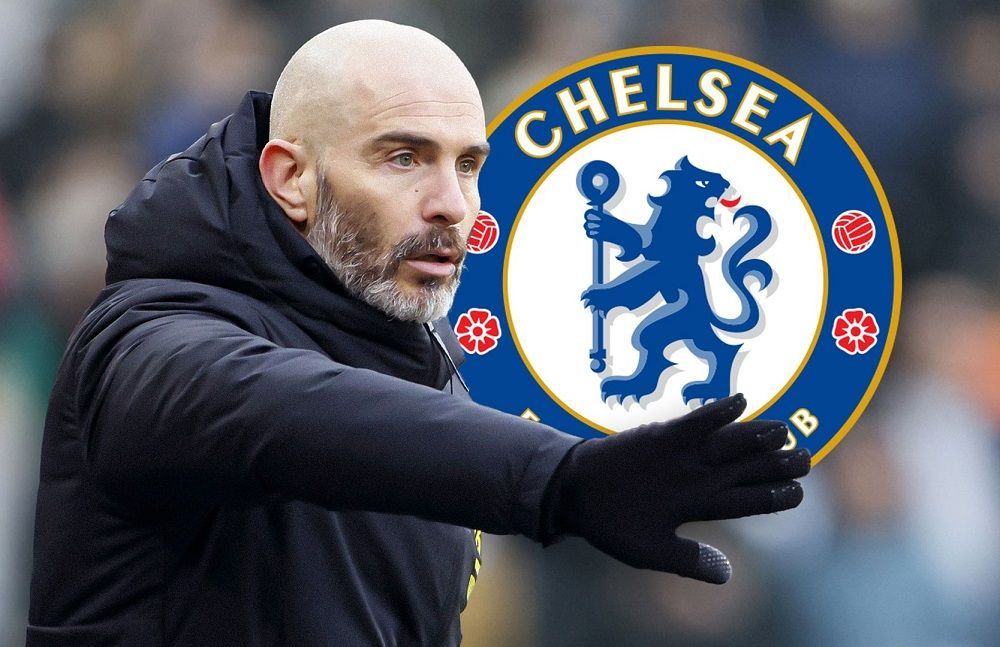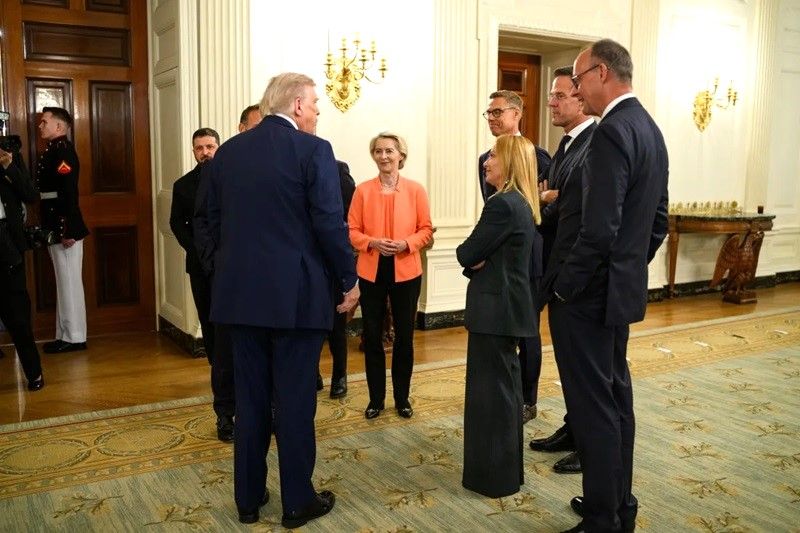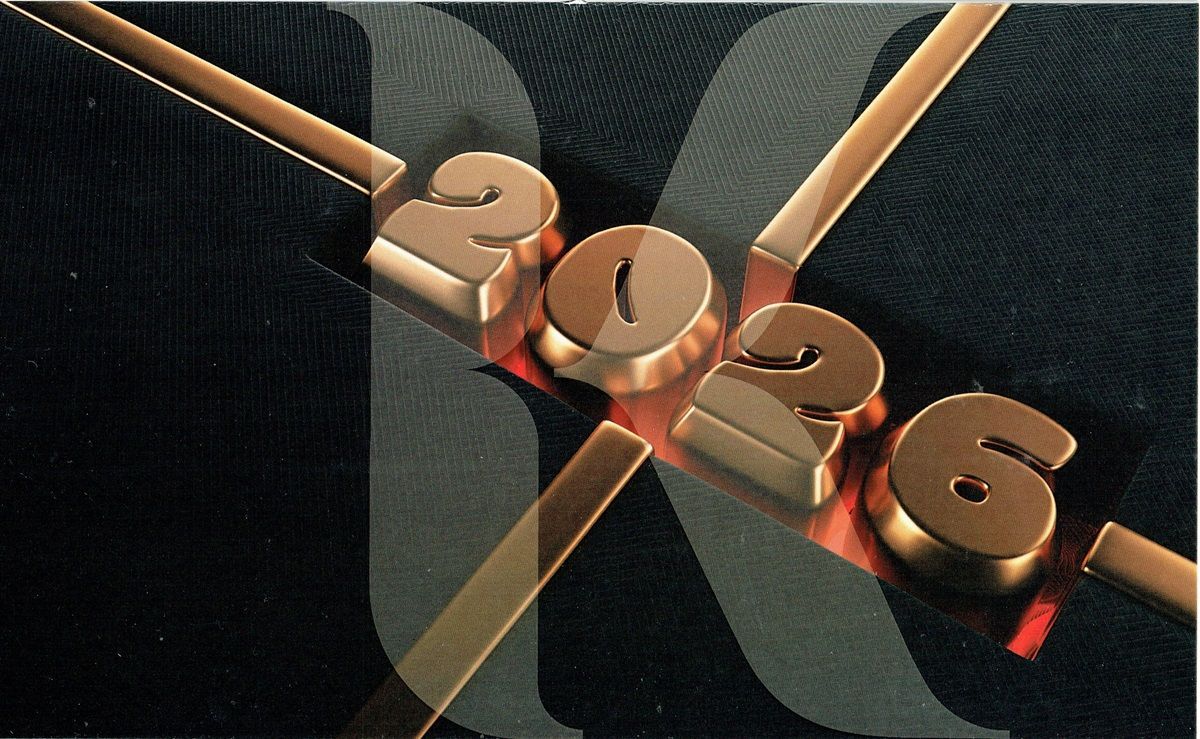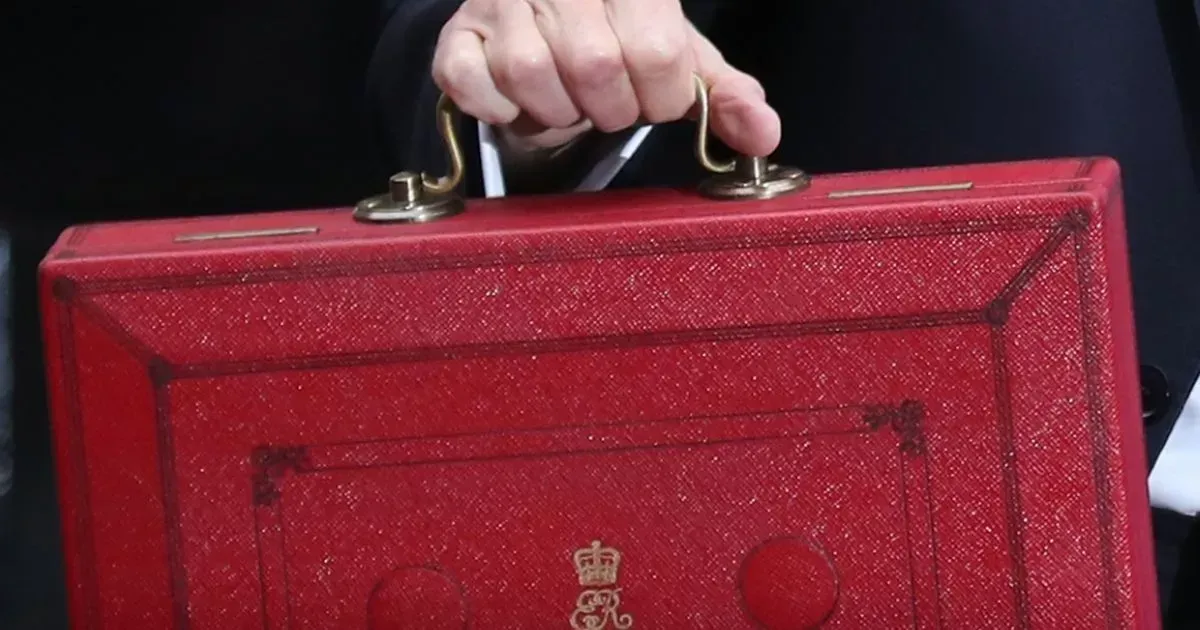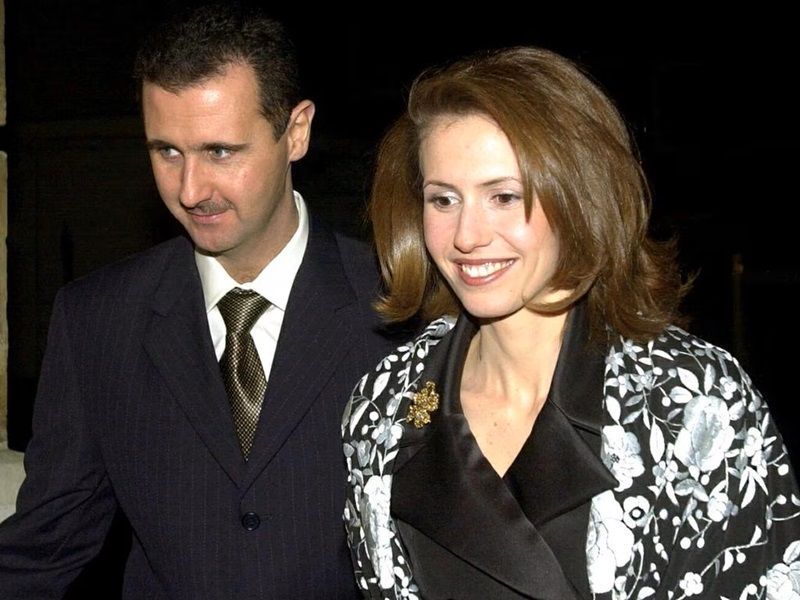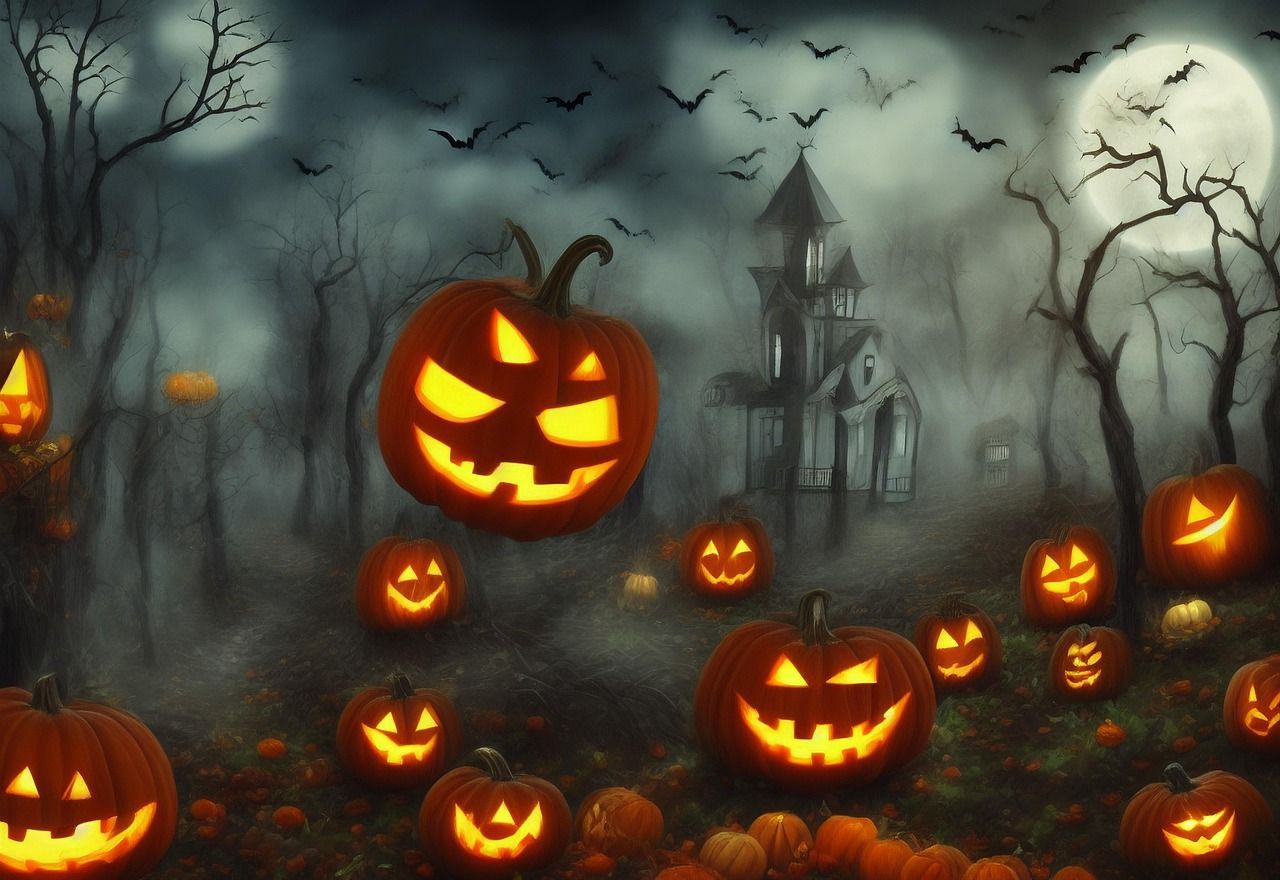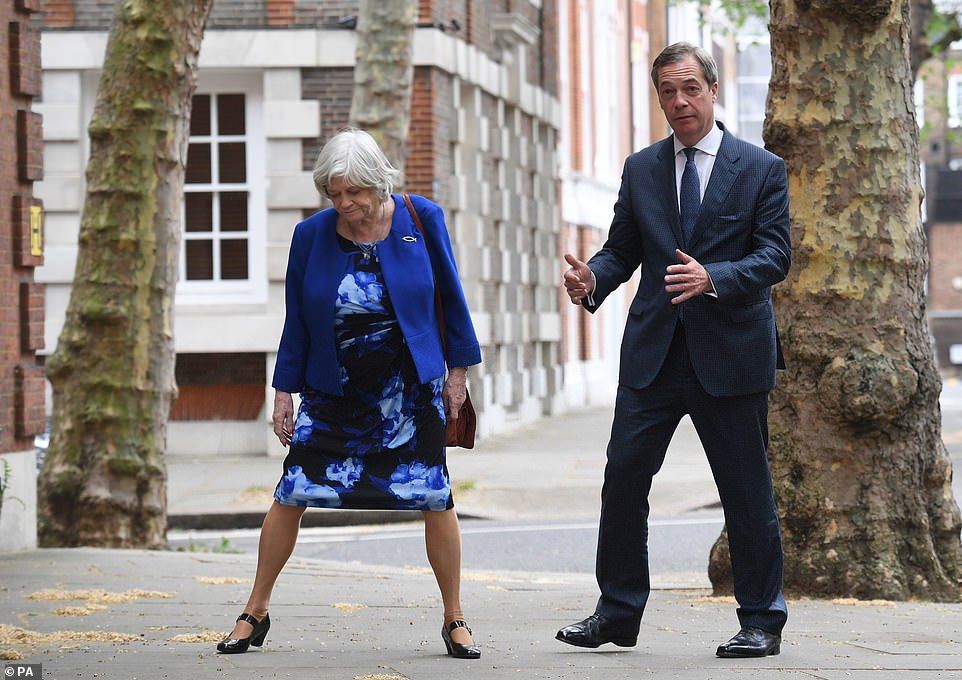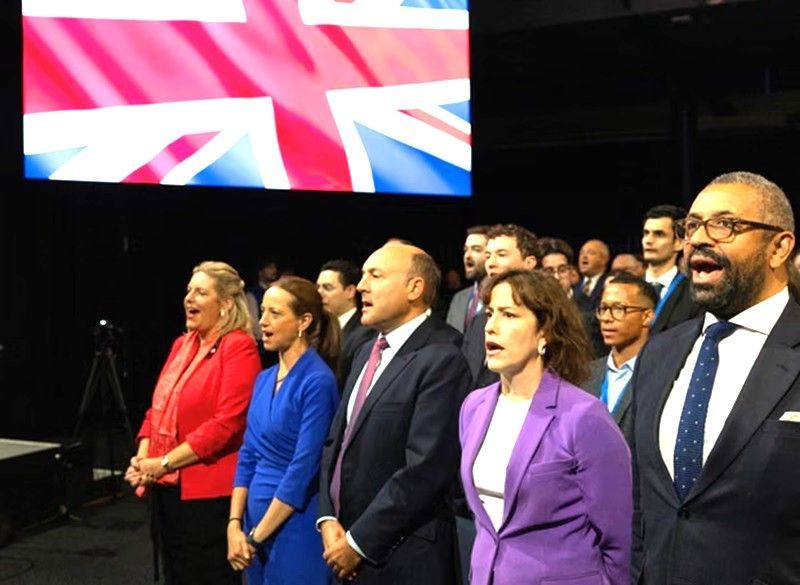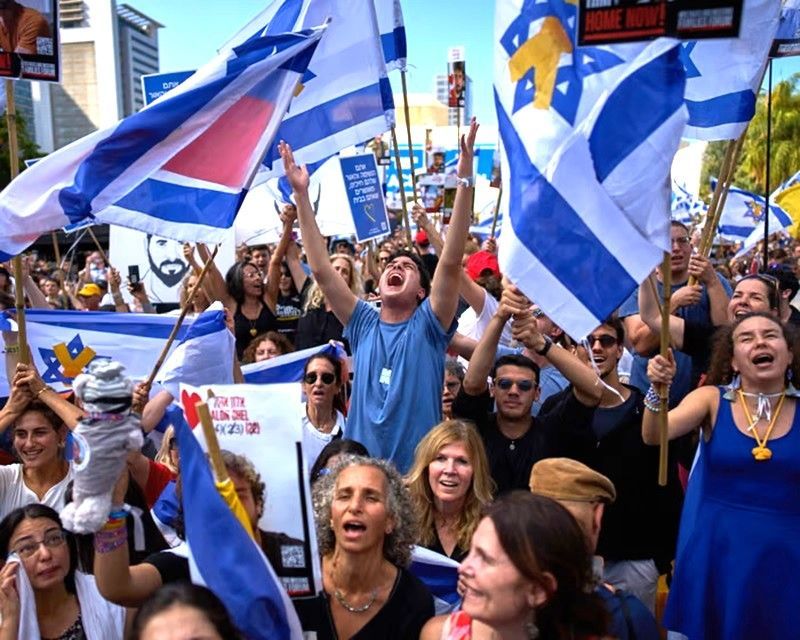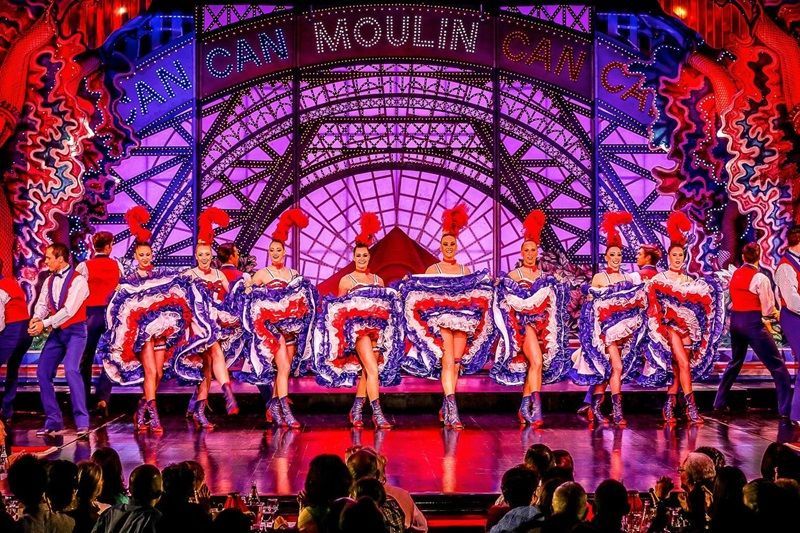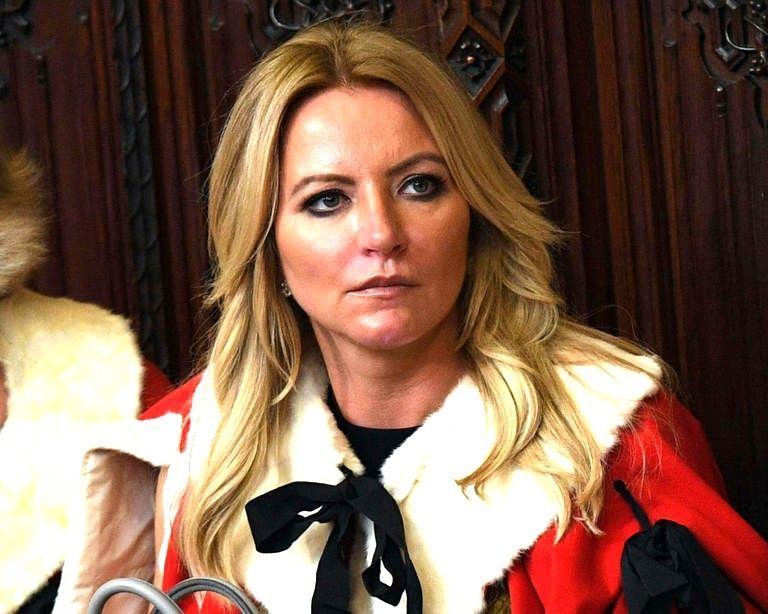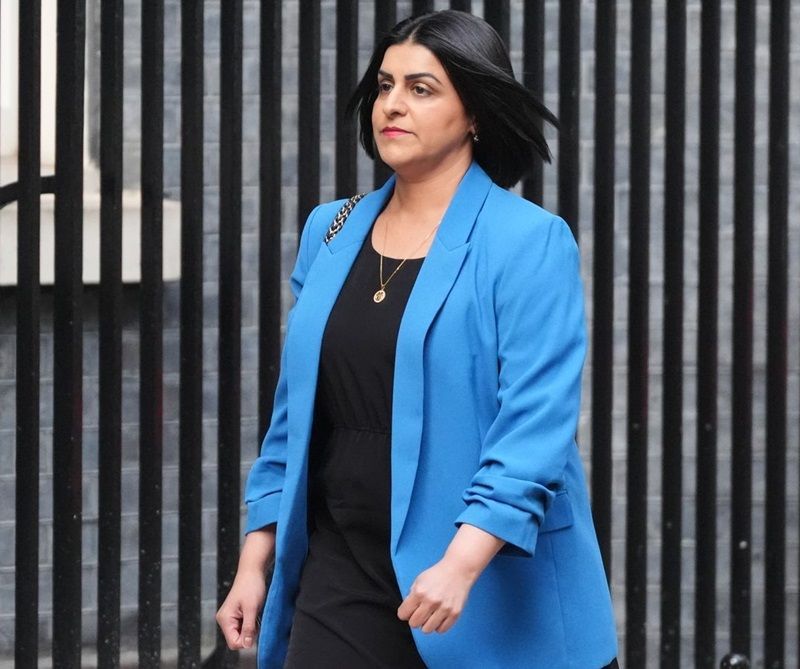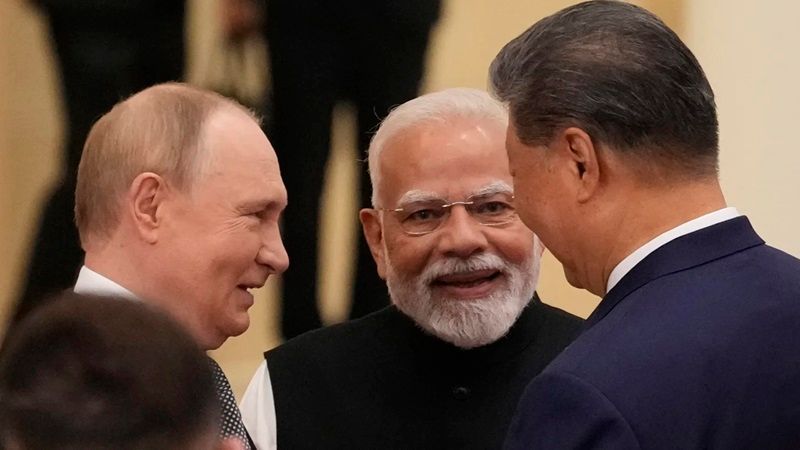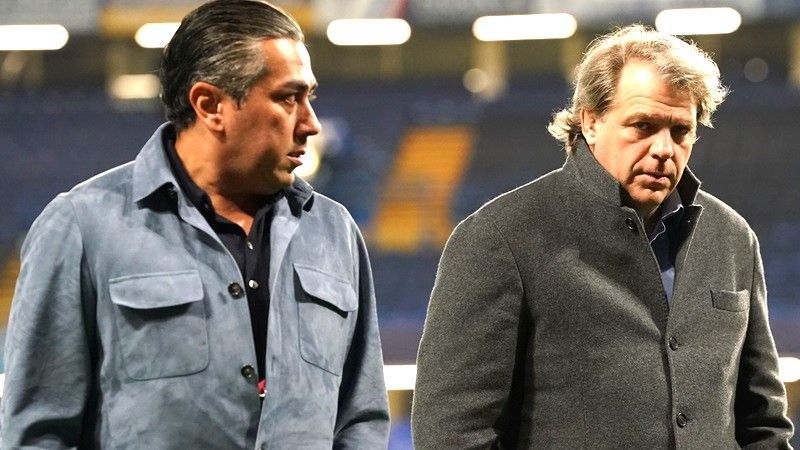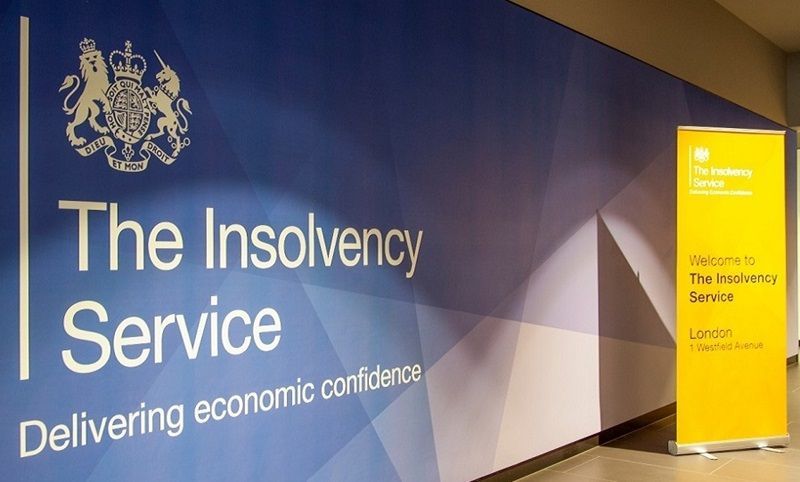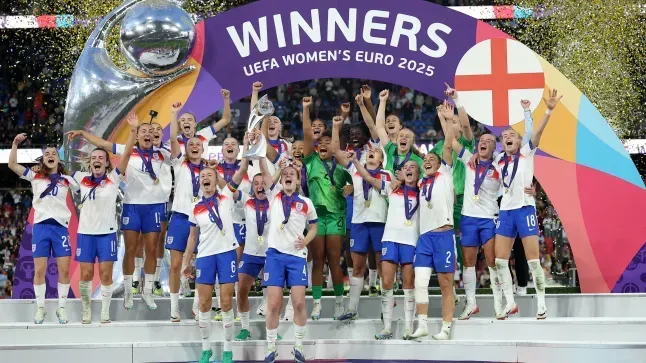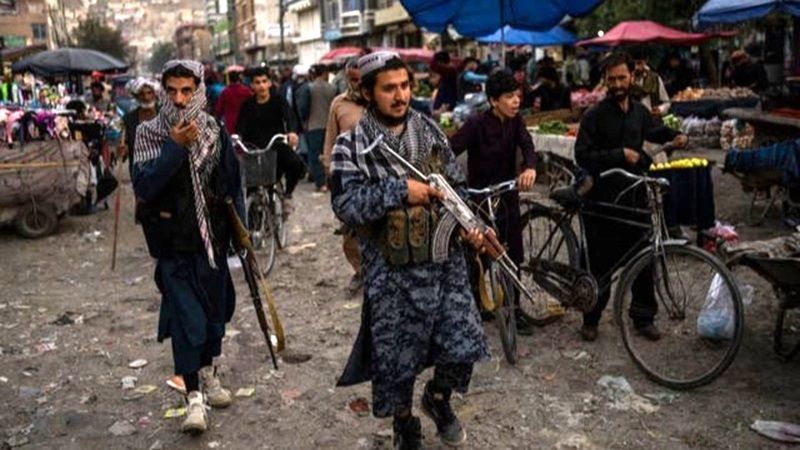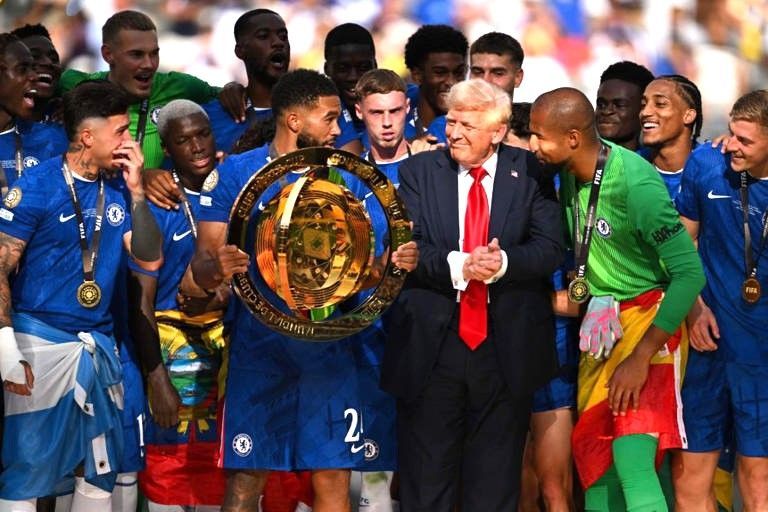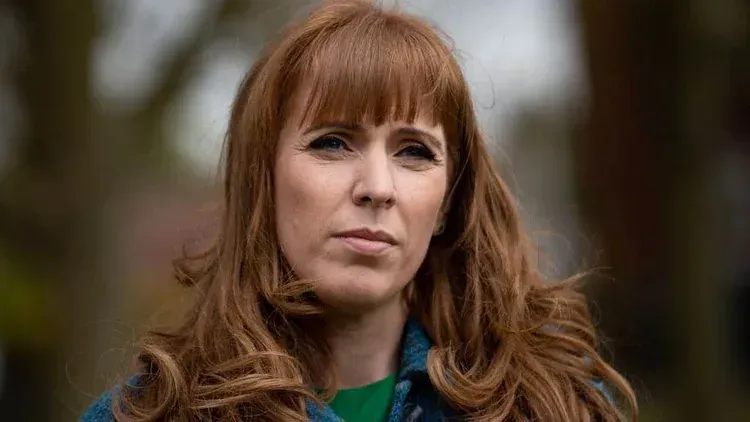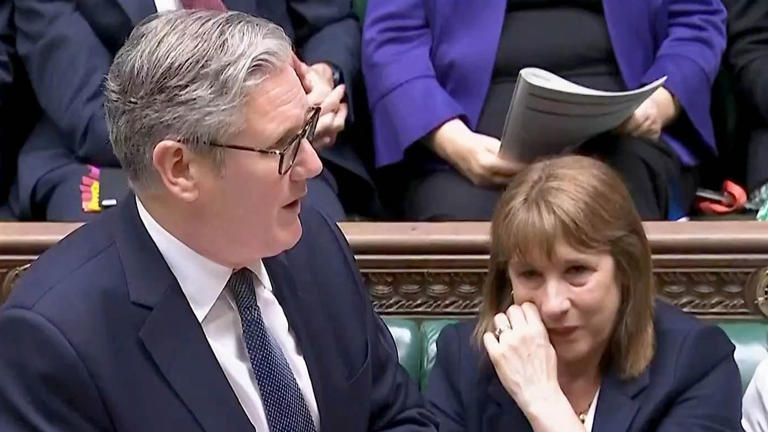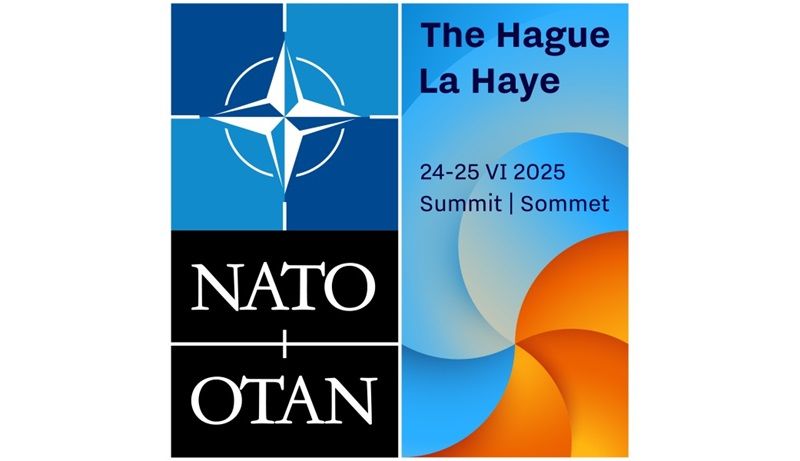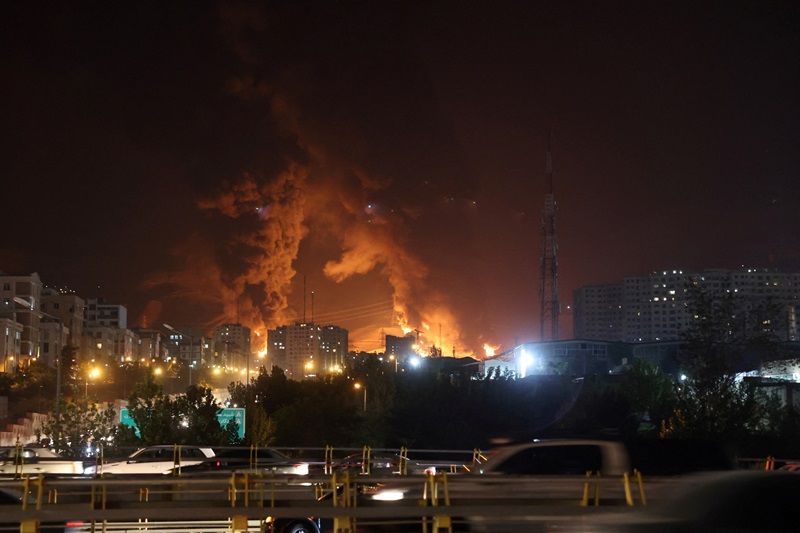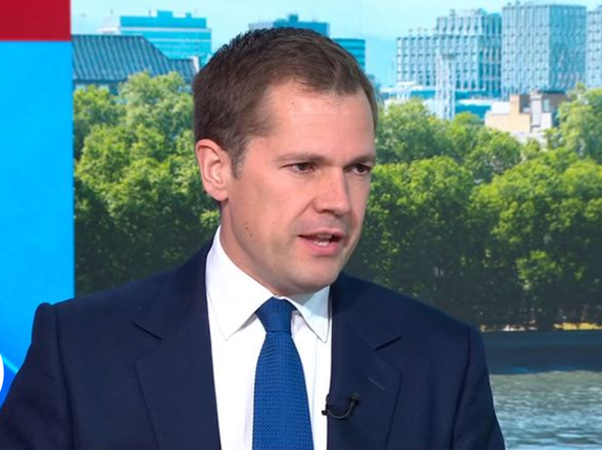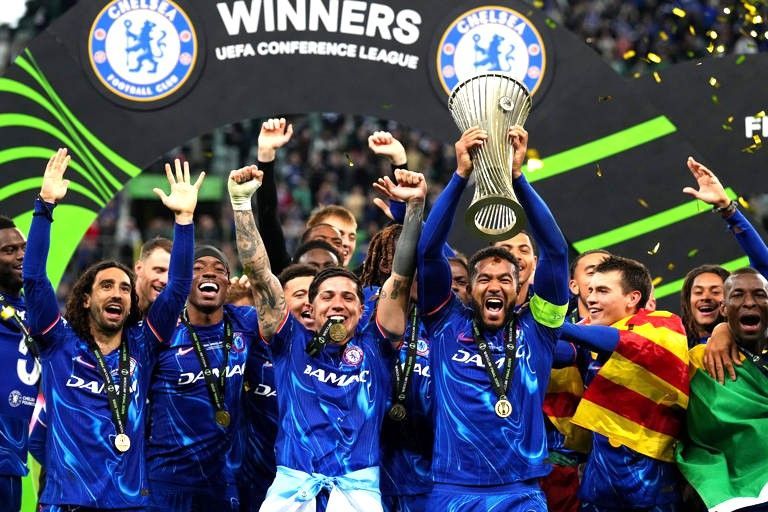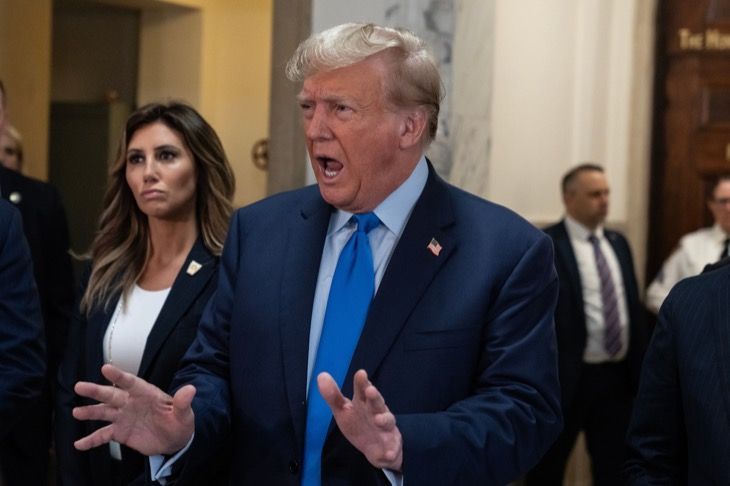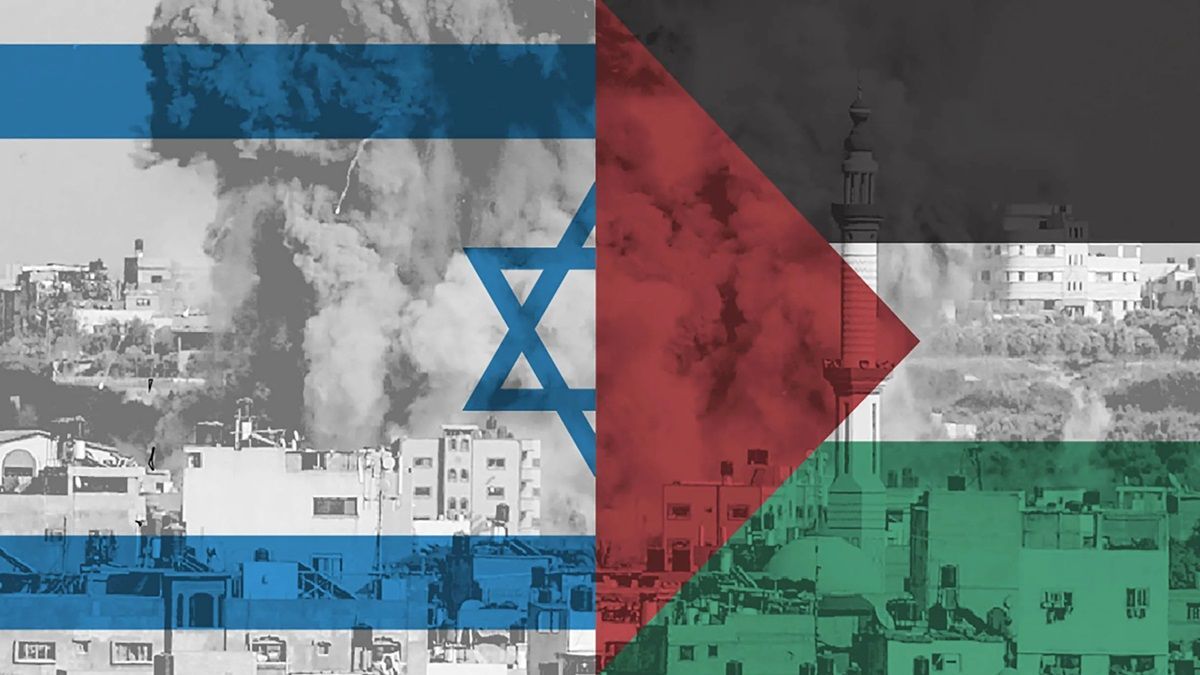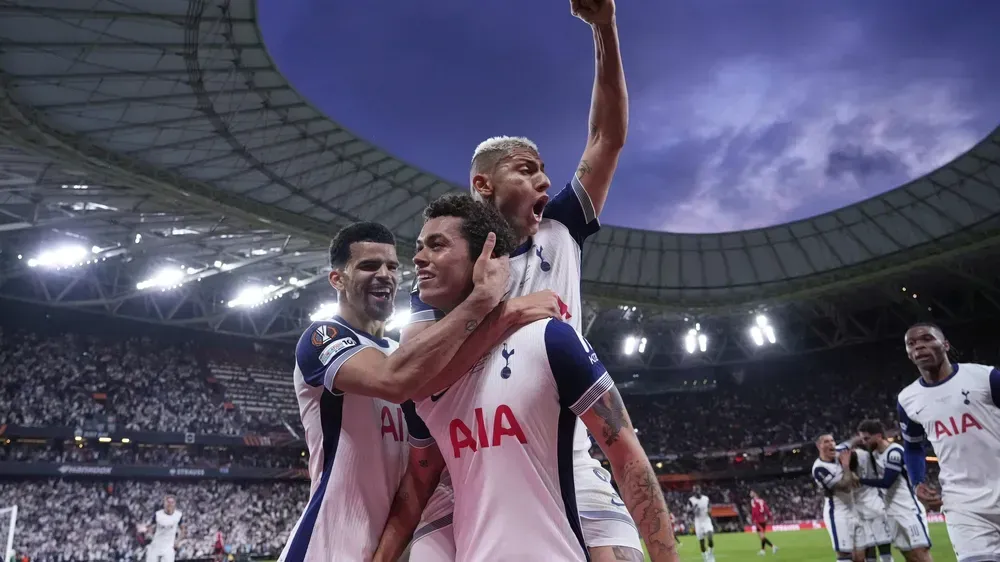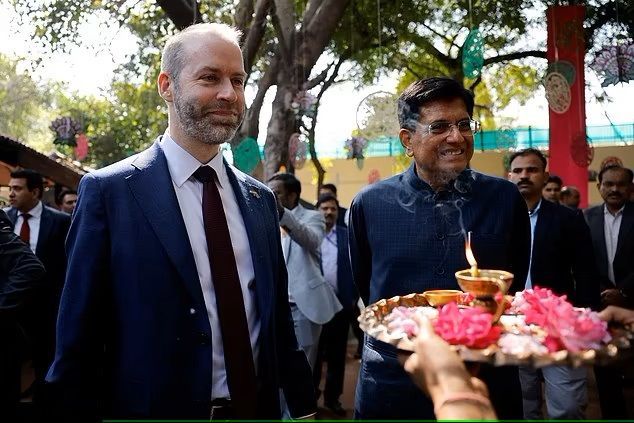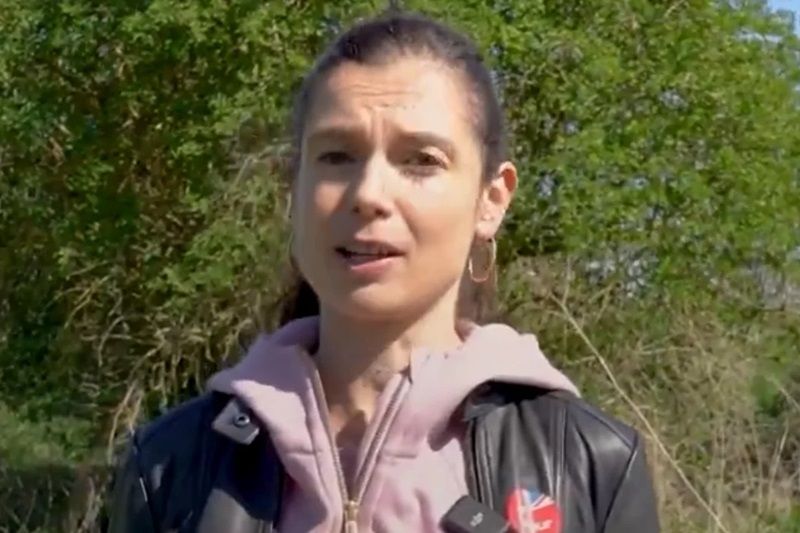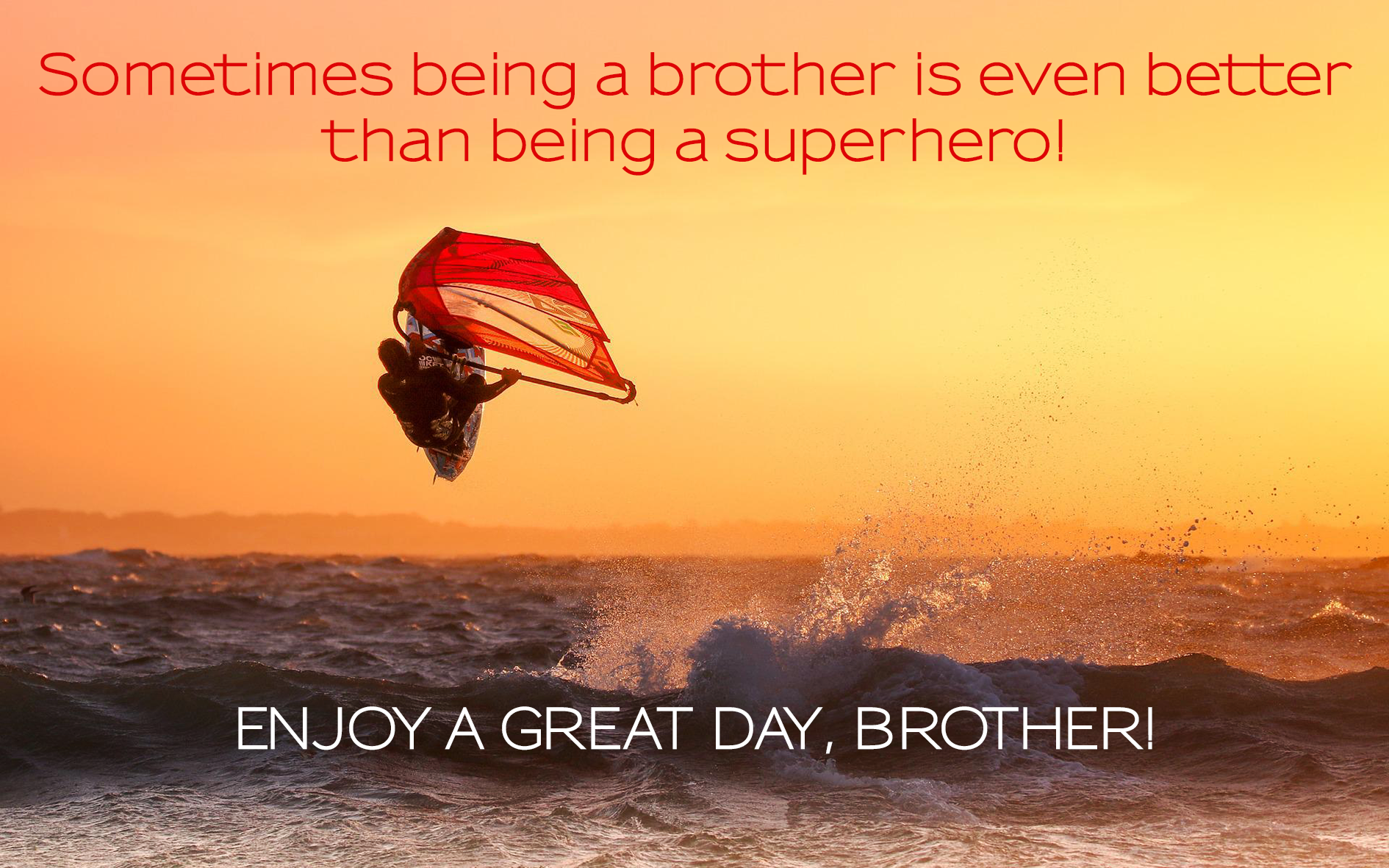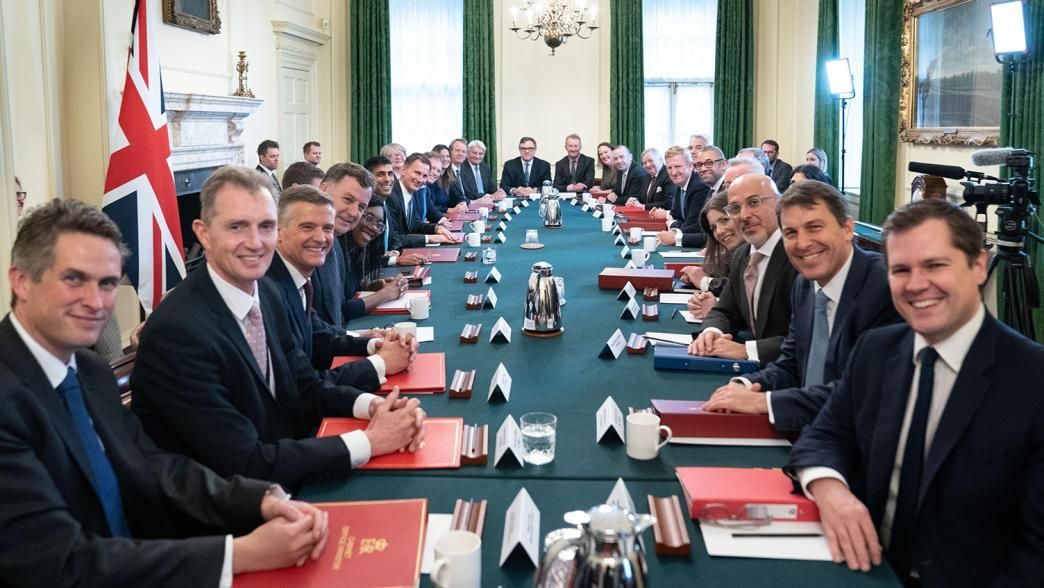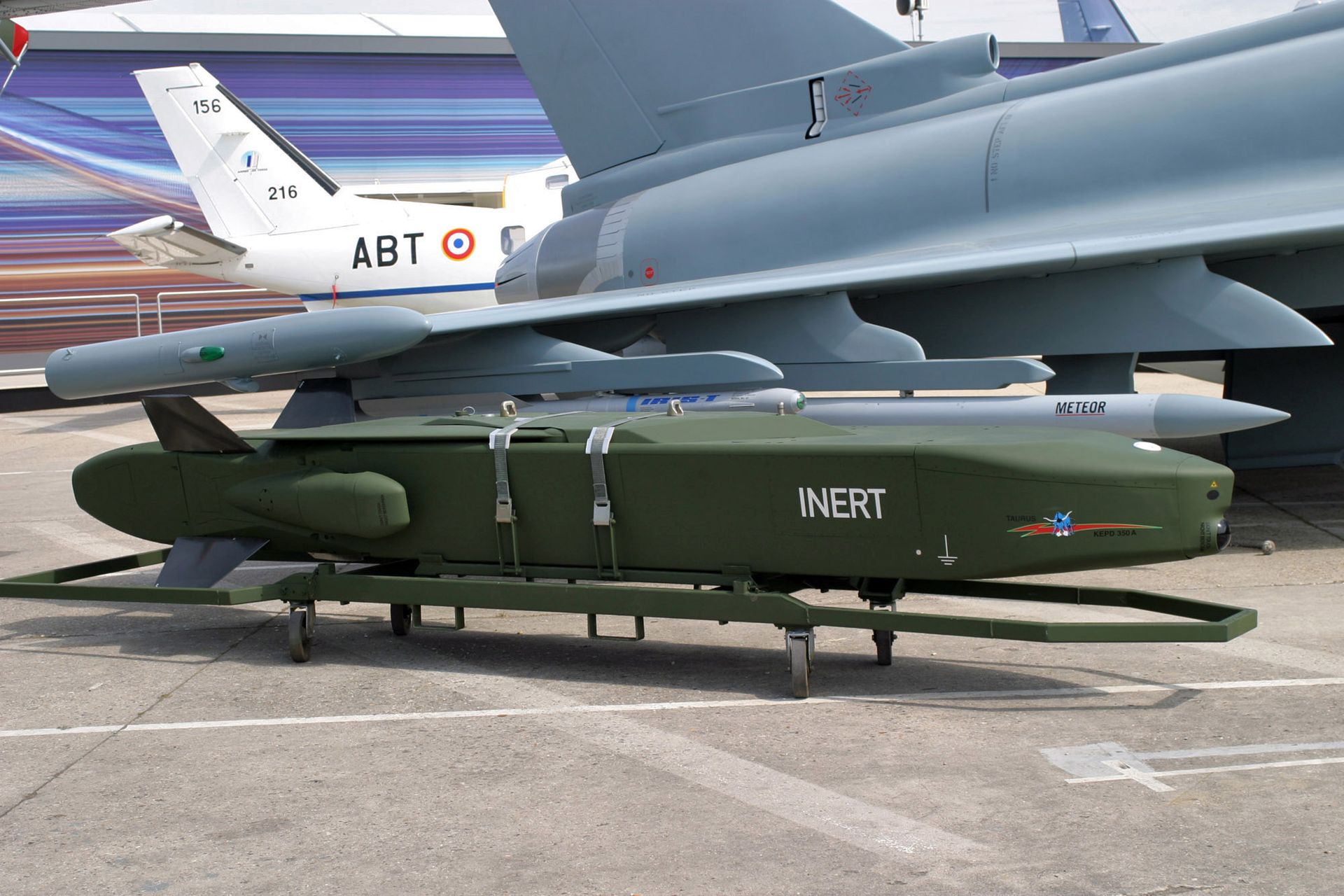POPE FRANCIS IS SAYING GOODBYE TO A WORLD
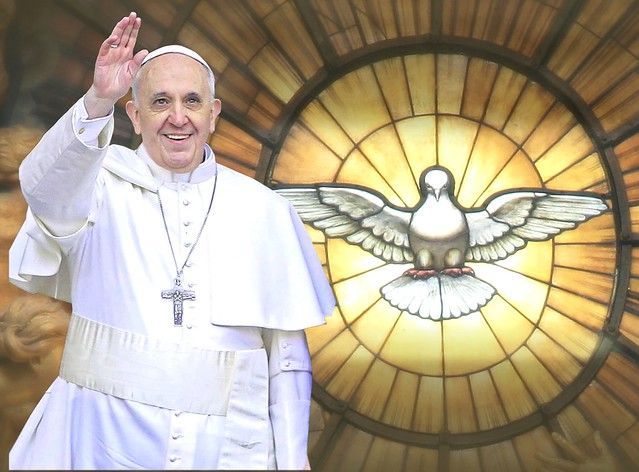
In times of war, it was a matter close to Francis' heart to bring about peace. He often failed to do so. But right now, the world needs someone like him.
If Pope Francis could learn that 170 heads of state and government are coming to his funeral, he would certainly be embarrassed. For he was a modest man who felt more comfortable with the outcasts than with the powerful. Nevertheless, he would certainly be a little happy at the sight – Donald Trump will be there, Ursula von der Leyen, Volodymyr Zelensky, Emmanuel Macron, from UK Prince William and Sir Keir Starmer and many other people who absolutely can't get along with each other and on whose amicable livelihood so much depends.
What a unique opportunity this would be for a pope who always wanted to solve conflicts. Only, he is no longer among the living. And what more would the world need than a man who wants to make peace in these times of war?
Yes, if it were that easy. Pope Francis has tried his hand at peacemaking on the world stage several times – and unfortunately that has gone terribly wrong.
A few months after the Russian army invaded Ukraine, Pope Francis said that NATO may have "barked too loudly at the gates of Russia". He has rightly been sharply criticized for this sentence. Because he insinuates that NATO provoked the war. In doing so, the Pope adopted the version of the Russian dictator Vladimir Putin. He claims that his war is a reaction to a hostile encirclement by the West – and thus a justified preventive measure. That's outrageous. Neither NATO nor Ukraine have threatened or provoked Russia.
Pope Francis later tried to relativize the phrase "barking NATO," but he didn't really succeed. The unpleasant impression that the Pope justified Putin's war of aggression remained.
Two years later, in March 2024, the Pope again commented on the Ukraine war - and again he did so with a misleading sentence. "Don't be ashamed to negotiate before it gets worse," he told the Ukrainians. Then he spoke of the "courage to raise the white flag". This could not be understood in any other way than a call to Ukraine to surrender and submit to the will of the aggressor.
It is a bitter irony that Donald Trump will be among the mourners. The man who is demanding exactly that from the Ukrainians these days: to submit. Trump calls this a good deal. After all, Putin has made a big concession: He renounces the conquest of the whole of Ukraine! We can't know, but even Pope Francis would probably have laughed at such sentences if they hadn't had such tragic consequences.
Because it is clear what the Ukrainians would face under Russian rule: cruel oppression, multiple deaths and the extinction of their nation.
Could this have been what the Pope meant by his words about the "courage to raise the white flag"?
No, of course not.
In his autobiography, published a few weeks ago, he does not justify Russia's aggression with a single word – on the contrary, he condemns it.
Did the Pope perhaps simply have no idea what he was talking about?
This is also rather unlikely. One should trust the Catholic Church, with its 1.4 billion believers worldwide, to understand geopolitics. She also knows how to exercise power and deal with powerful people.
So how can such statements be explained?
Its origin lies in Pope Francis' conviction that it is one of the central tasks of the Church to promote dialogue always, everywhere and at all times. He himself tried to the best of his ability during his lifetime.
In the case of the Ukraine war, he did it with wrong, negligent words. Apparently, he has not grasped the nature of Vladimir Putin's dictatorial regime in all its cruel dimensions. He, who in his own words believed in the devil incarnate, did not recognize the diabolical nature of Putin's dictatorship.
Nevertheless, on this day, under the eyes of 170 heads of state and government, in the presence of hundreds of thousands of people lining Rome's streets, a man is buried who persistently stood up for peace – and was badly wrong a few times.
Pope Francis is saying goodbye to a world in which the law of the strongest prevails. In which there is no talking, but shooting, in which there is no negotiation, but bombing. Who will now persistently try to make peace?
